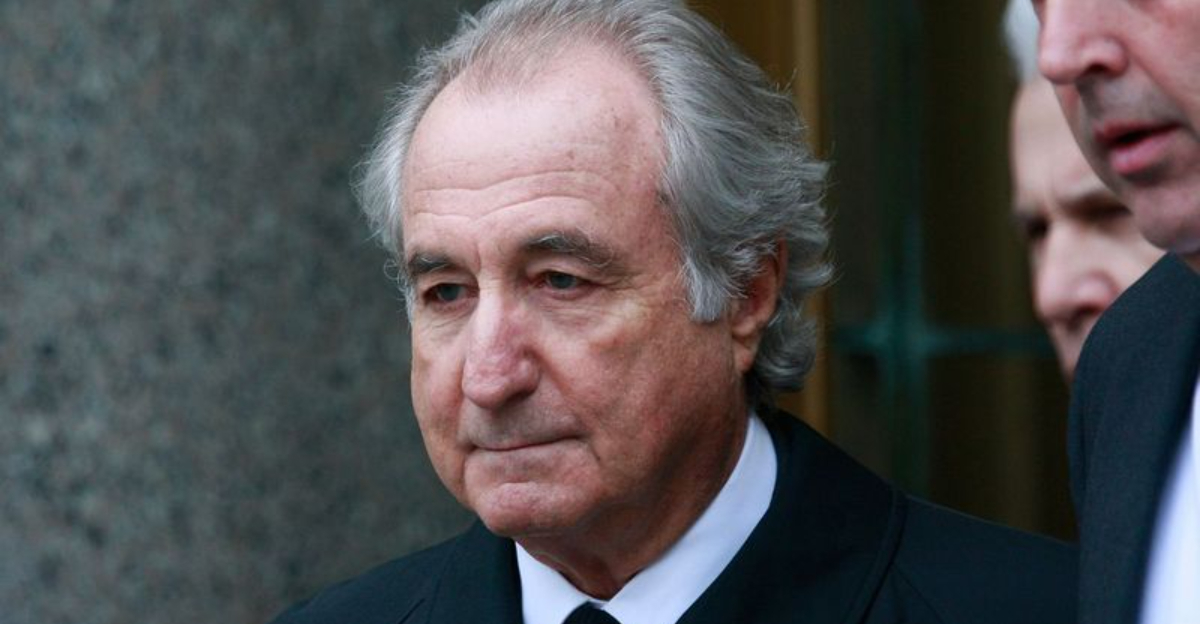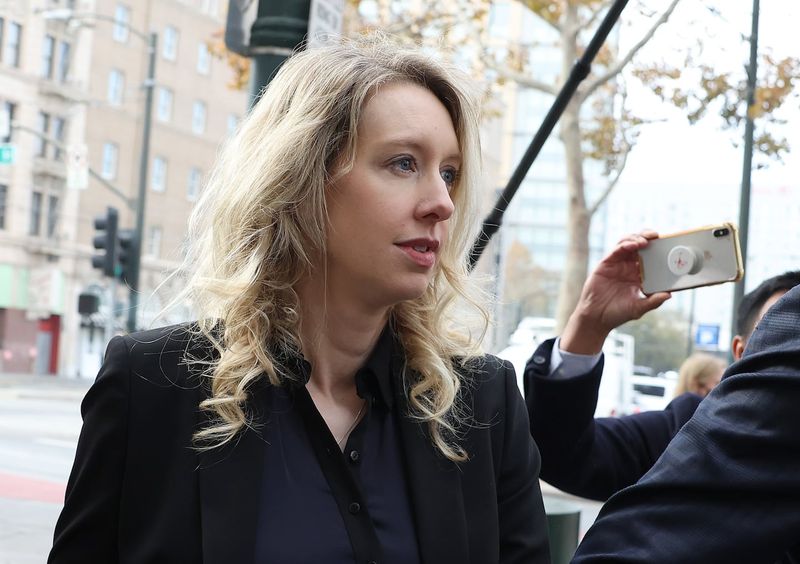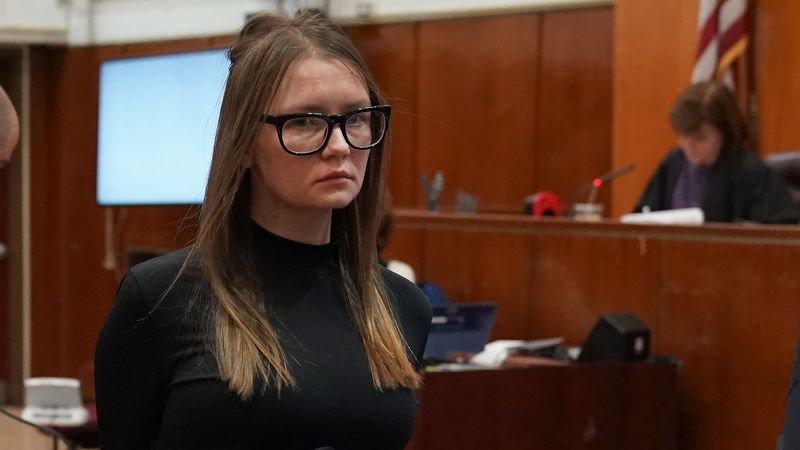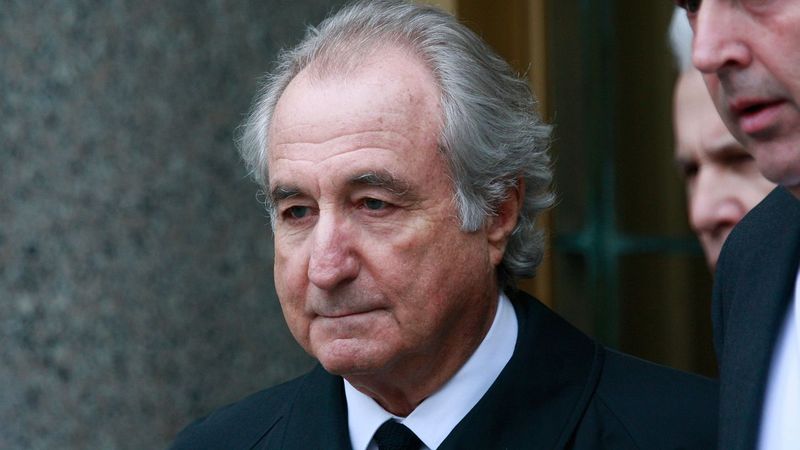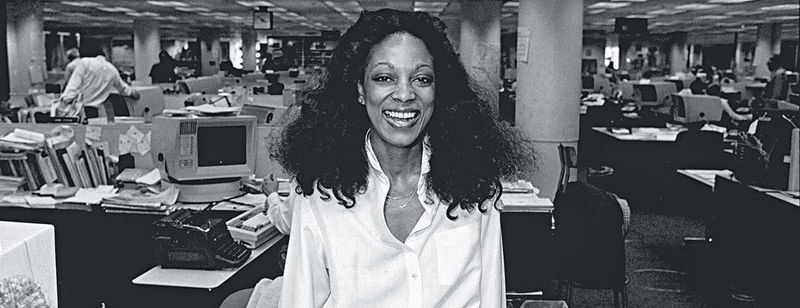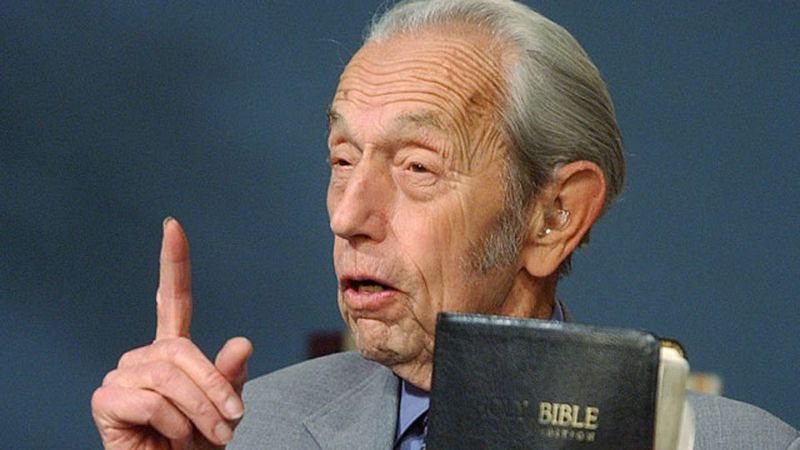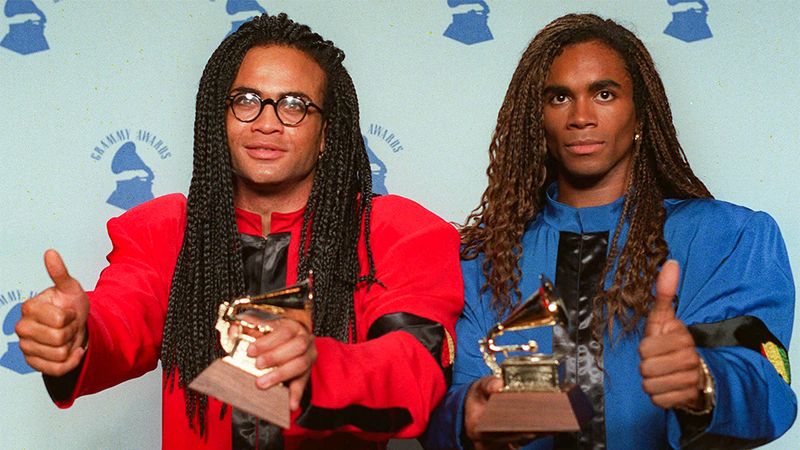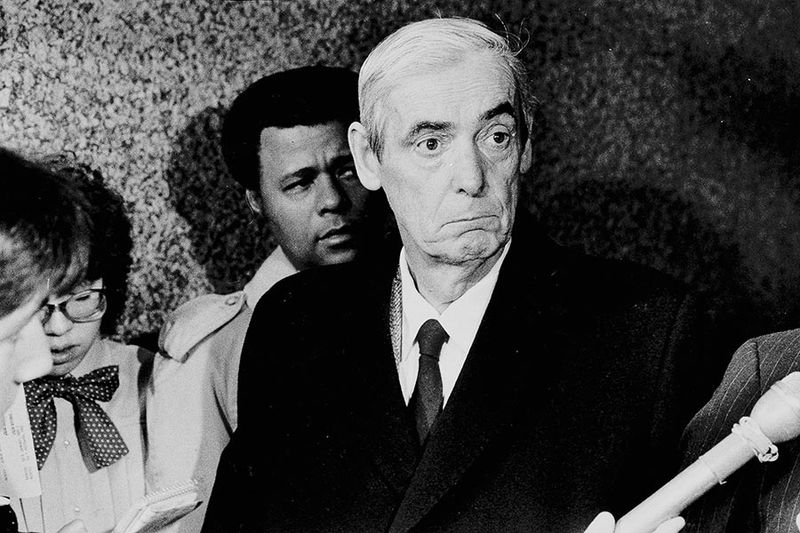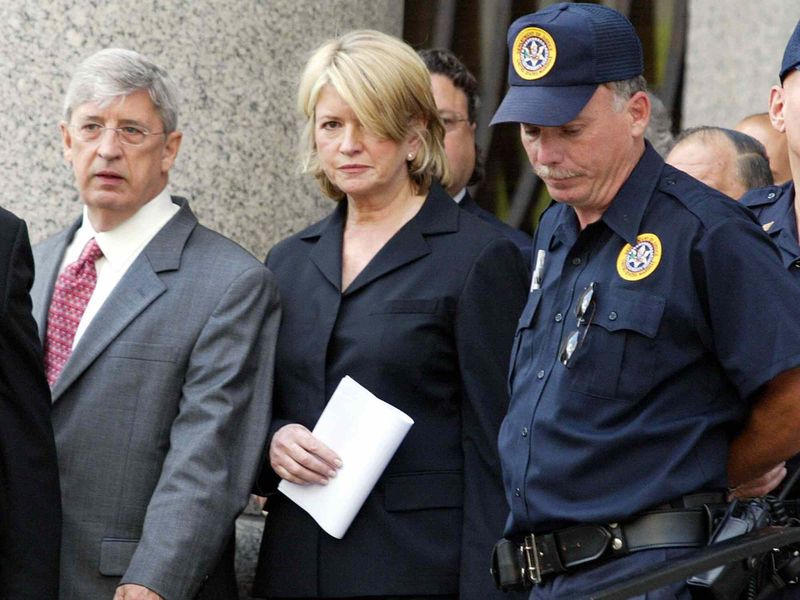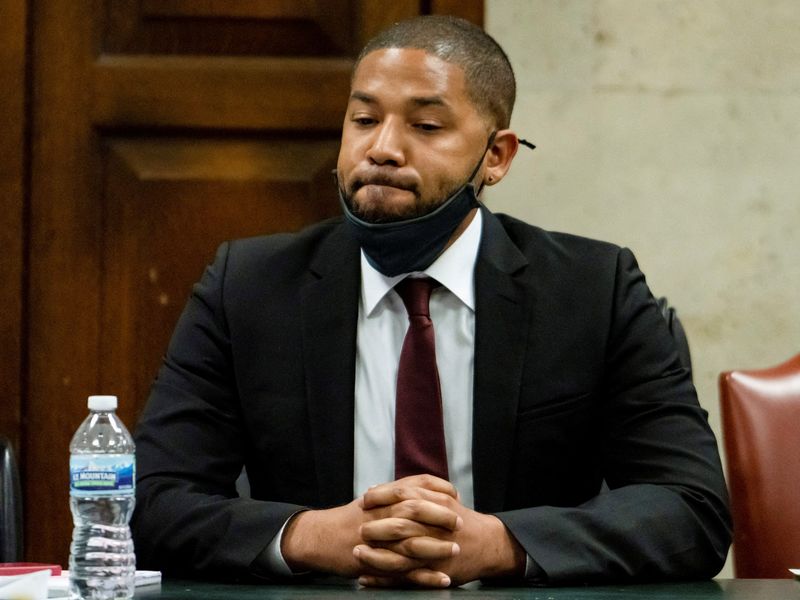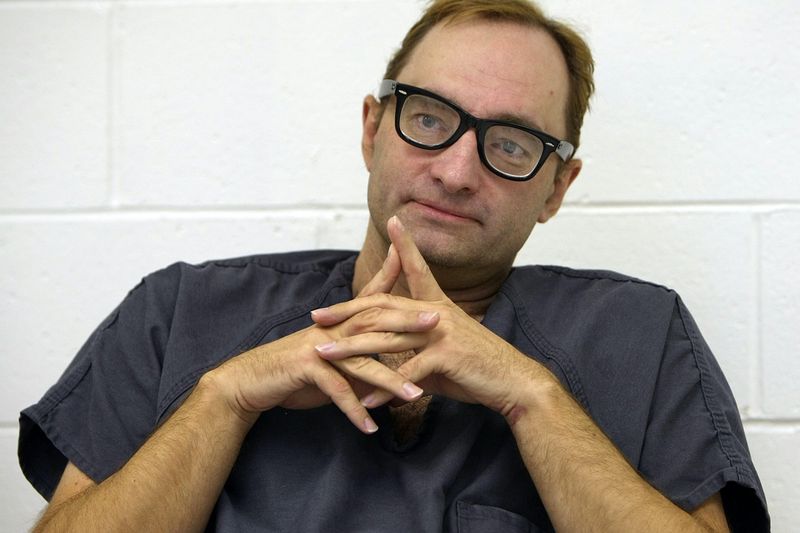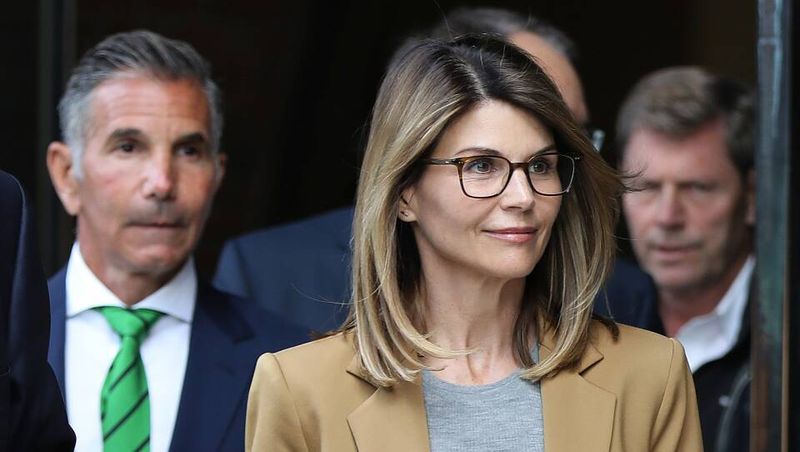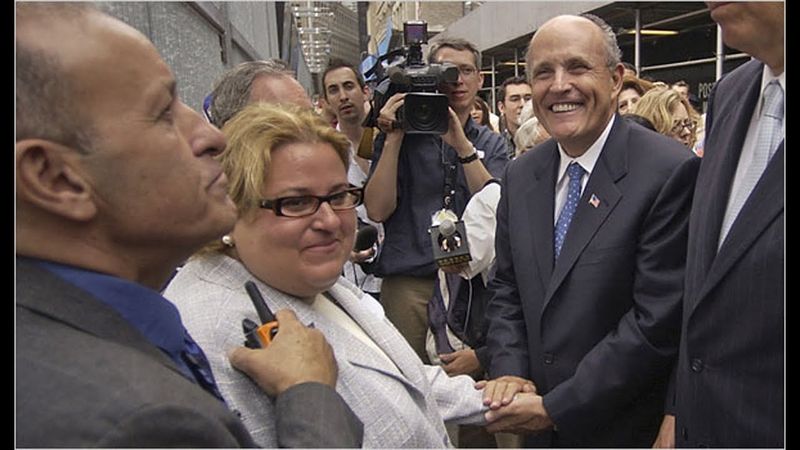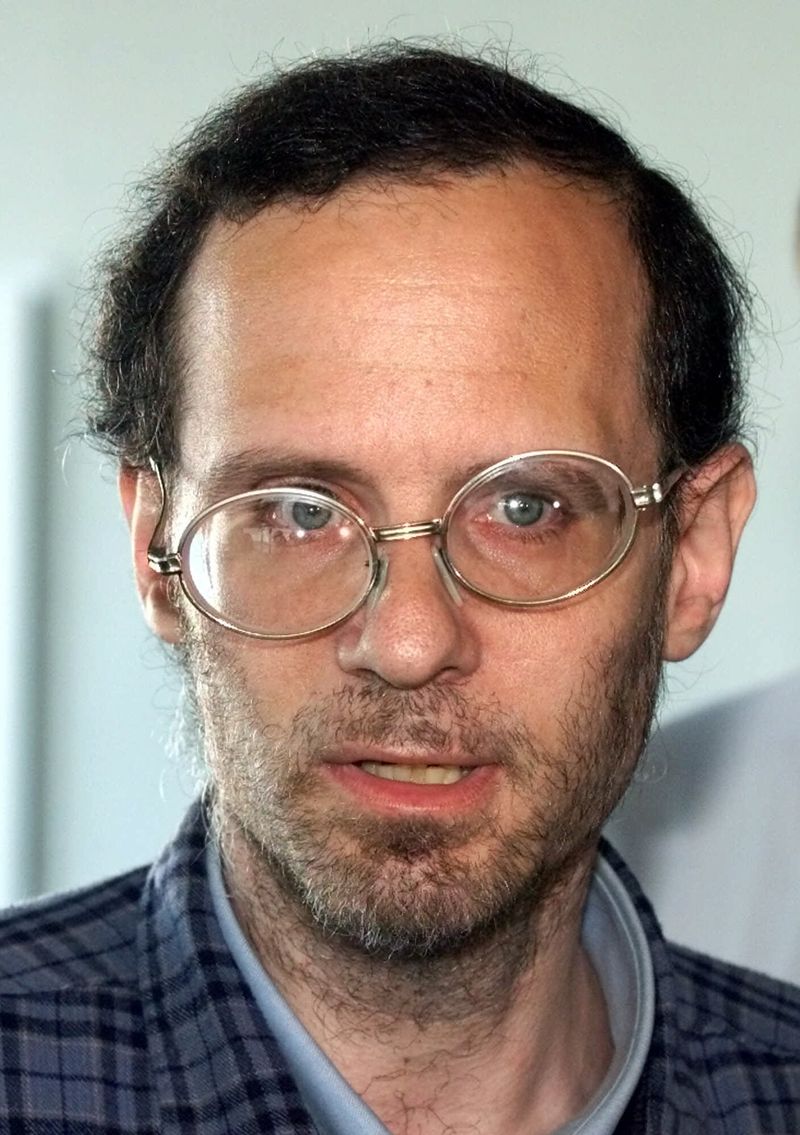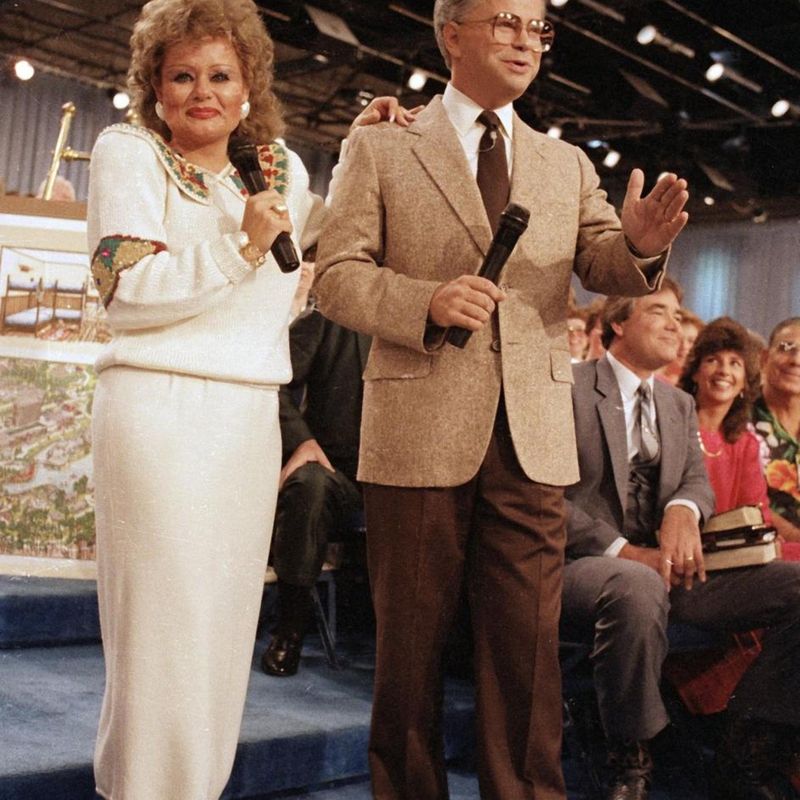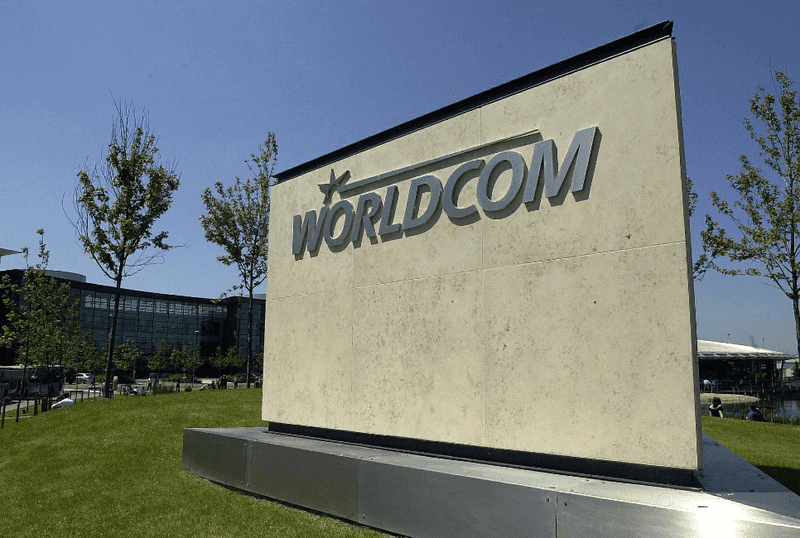America loves a good success story—but sometimes, that story is built on lies. From fake heiresses to corporate con artists, these bold frauds didn’t just trick a few people… they conned the whole country. Here are 20 of the most jaw-dropping scams that had America completely fooled—until the truth came crashing down.
1. Elizabeth Holmes and Theranos
Elizabeth Holmes was once the darling of Silicon Valley, with her startup Theranos promising revolutionary blood-testing technology. Investors and high-profile individuals were captivated by her vision. However, the technology was a sham.
Investigations revealed fraudulent practices, and her empire crumbled. Holmes’ story is a stark warning about the dangers of unverified claims in tech.
The fallout was immense, leading to significant financial losses and legal battles. Her case highlights the importance of due diligence and transparency in innovation-driven sectors.
2. Frank Abagnale Jr. – Catch Me If You Can
Frank Abagnale Jr.’s life of deception is legendary, even inspiring a Hollywood film. As a teenager, he posed as a pilot, doctor, and lawyer, cashing fake checks around the world. His charm and audacity made him a notorious figure in the annals of fraud.
Abagnale’s escapades eventually led to his capture, but his story remains one of the most fascinating cases of identity fraud.
Today, he works as a consultant, using his knowledge to help prevent the kind of scams he once perpetrated. His life is a testament to the power of reinvention.
3. Anna Sorokin (aka Anna Delvey)
Anna Sorokin, under the alias Anna Delvey, deceived New York’s elite by posing as a wealthy German heiress. Her lavish lifestyle and bold persona convinced banks and hotels of her false wealth.
However, her ruse unraveled when she couldn’t pay her bills, leading to her arrest. Sorokin’s con exposed vulnerabilities in the socialite world, where appearance often triumphs over reality.
Her story underscores the allure and danger of living a lie. Today, she is a notorious figure, symbolizing the consequences of deceit.
4. Bernie Madoff’s Ponzi Scheme
Bernie Madoff was once hailed as a financial wizard, managing one of the largest hedge funds. Investors placed their trust and billions in his hands. However, it was all a facade. Madoff was running a classic Ponzi scheme, using new investors’ money to pay returns to earlier ones. His deception unraveled in 2008, revealing $65 billion in losses.
His downfall was a cautionary tale for the financial world. The impact was catastrophic, affecting thousands of investors and shaking the financial sector to its core. Madoff’s story is a grim reminder of unchecked greed.
5. Fyre Festival
Marketed as an unparalleled luxury music event, the Fyre Festival promised opulence and celebrity appearances. Attendees arrived in the Bahamas to find chaos—tents instead of villas, and meager meals.
Billy McFarland, the mastermind, spun an illusion that unraveled spectacularly. The festival’s failure became a media sensation, exemplifying the power of social media hype.
The scandal highlighted the dangers of influencer culture and lack of planning. McFarland’s vision ended in lawsuits and jail time, serving as a cautionary tale for ambitious entrepreneurs.
6. Enron
Enron was once a titan of the energy sector, lauded for its innovation and profits. However, the company was built on accounting fraud, hiding debts off the balance sheets.
When the deception surfaced, Enron collapsed, leading to massive financial losses and legal repercussions. The scandal profoundly affected investors and employees, eroding trust in corporate America.
Enron’s fall gave rise to regulations like Sarbanes-Oxley, aimed at preventing such malfeasance. Its story remains a sobering lesson in corporate ethics.
7. Lance Armstrong’s Doping Denial
Lance Armstrong was once the celebrated hero of cycling, winning seven consecutive Tour de France titles. His denials of doping allegations were vehement, with many believing his claims.
However, investigations revealed systematic drug use, leading to his titles being stripped. Armstrong’s downfall was a significant blow to the sport, tarnishing its reputation.
His story is a reminder of the lengths individuals might go to maintain a facade of invincibility. Despite his achievements, Armstrong’s legacy is forever marred by deceit.
8. Janet Cooke’s Fake Pulitzer
Janet Cooke’s tale is one of ambition gone astray. Her article about an eight-year-old heroin addict won her the Pulitzer Prize. However, the heart-wrenching story was entirely fabricated.
When the truth emerged, Cooke returned the prize, and her career was ruined. Her deception prompted debates about journalistic integrity and fact-checking.
Cooke’s scandal remains a cautionary tale for journalists, emphasizing the importance of truth in reporting. Her legacy serves as a stark reminder of the fine line between storytelling and fabrication.
9. Harold Camping’s Doomsday Predictions
Harold Camping, a Christian radio host, captured national attention with his doomsday predictions. He confidently claimed the world would end on May 21, 2011.
Many followers sold their belongings in preparation. When the day passed without incident, Camping’s credibility was shattered. His failed prophecy highlighted the dangers of apocalyptic predictions.
Camping’s story serves as a reminder of the influence media personalities can wield, and the responsibilities they carry. His predictions have since become a cultural reference for misguided prophecy.
10. Milli Vanilli’s Lip-Syncing Scandal
Milli Vanilli, the pop duo that took the world by storm, was hiding a secret—they weren’t actually singing on their records. When a technical malfunction exposed their lip-syncing, their Grammy was revoked.
The revelation was a major scandal, shaking the music industry. It sparked debates about authenticity in entertainment.
Despite the controversy, their music remains popular, though their reputation never fully recovered. Milli Vanilli’s story serves as a warning about the pressures of fame and the importance of talent over image.
11. Operation Greylord
Operation Greylord was a massive undercover investigation into corruption within Chicago’s judicial system. Judges and lawyers were caught accepting bribes, undermining the justice system.
The operation spanned years, leading to numerous indictments and fostering changes in legal practices.
It highlighted the importance of integrity within the legal profession. The scandal served as a catalyst for judicial reform, emphasizing the need for transparency and accountability. Greylord remains a landmark case in the fight against judicial corruption.
12. The Balloon Boy Hoax
The Balloon Boy Hoax captivated America when a Colorado couple claimed their son had floated away in a homemade balloon.
The nation watched anxiously as the balloon soared, only to find the boy was hiding safely at home. The parents faced legal charges, admitting it was a publicity stunt.
This bizarre event highlighted the lengths some will go for fame and attention. The hoax remains a curious episode in media history, reflecting on the power of sensationalism.
13. ImClone and Martha Stewart
In a scandal that stunned fans, Martha Stewart was embroiled in insider trading involving ImClone Systems. She sold shares based on non-public information, avoiding significant losses.
Her conviction led to prison time, impacting her public image. The case underscored the seriousness of insider trading and its legal consequences.
Stewart’s involvement brought celebrity attention to corporate ethics, prompting discussions on fairness in the stock market. Her story is a reminder of the legal expectations placed on high-profile individuals.
14. Jussie Smollett’s Staged Attack
The nation was shocked when Jussie Smollett reported a hate crime attack, stirring widespread empathy. However, investigations revealed the actor had staged the attack, seeking publicity.
His actions led to legal consequences and a tarnished reputation. The incident sparked debates about the impact of false reports on real victims.
Smollett’s story is a cautionary tale on the importance of truth and the repercussions of manipulation. Despite initial support, his legacy is overshadowed by controversy.
15. Clark Rockefeller
Clark Rockefeller’s life was a maze of deception. Claiming ties to the famed Rockefeller family, he manipulated his way into high society. His charisma and invented identity masked a life of fraud and deceit.
The truth unravelled during a custody battle, revealing his true identity as a German immigrant with a history of cons.
His story highlights the ease of fabricating identities and the complexities of capturing con artists. Rockefeller remains a symbol of audacious deceit in social circles.
16. The College Admissions Scandal
The College Admissions Scandal unveiled a network of bribery and deceit, involving celebrities and wealthy parents. They manipulated test scores and bribed coaches to secure spots for their children in elite universities.
The scandal exposed the inequities in college admissions, leading to public outrage. Legal repercussions followed, with significant attention on fairness in education.
The event prompted a national conversation about privilege and integrity in academia. It remains a landmark case in exposing systemic flaws in admissions processes.
17. Tania Head and the 9/11 Survivor Lie
Tania Head gained sympathy and recognition as a 9/11 survivor, sharing a harrowing tale of escape. Her story resonated with many, catapulting her to a leadership role among survivors.
However, her account was entirely fabricated; she wasn’t even in the country during the attacks. The revelation was a profound betrayal for those who trusted her.
Head’s case underscores the impact of deceit on collective memory and the importance of verifying claims. The fallout was a significant learning moment for survivor communities.
18. Martin Frankel’s Fake Financial Empire
Martin Frankel weaved an intricate web of fraud, using fake charities to embezzle millions. Claiming to be a shy financial genius, he manipulated insurance companies to fund his lavish lifestyle.
His elaborate schemes went undetected for years, until authorities unraveled his empire. The scandal exposed vulnerabilities in financial oversight.
Frankel’s story is a reminder of the complexities in financial crimes and the importance of vigilant regulation. His actions had lasting repercussions on trust within financial institutions.
19. Jim Bakker’s PTL Scandal
Jim Bakker, a prominent televangelist, built a media empire through his PTL ministry. His charismatic appeals for donations funded a lavish lifestyle, unbeknownst to his supporters.
When financial mismanagement and fraud surfaced, Bakker faced legal consequences, including imprisonment. The scandal shook the faith community, prompting discussions on accountability.
Bakker’s fall from grace highlighted the potential for abuse in religious fundraising. The incident remains a critical reference point for ethical standards in ministry leadership.
20. WorldCom
WorldCom, once a leading telecommunications company, engaged in massive accounting fraud to inflate profits. The deception led to one of the largest bankruptcies in U.S. history.
Shareholders suffered enormous losses, and trust in corporate governance was severely impacted. The scandal resulted in heightened regulatory scrutiny and changes in accounting practices.
WorldCom’s collapse underscored the need for transparency and integrity in corporate operations. It serves as a reminder of the catastrophic effects of corporate greed.
